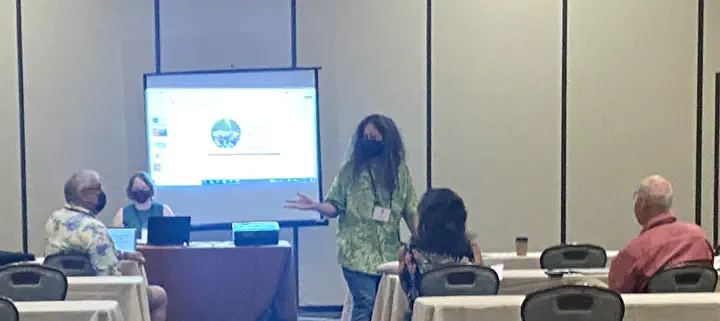Re-purposing Juvenile Delinquency: Juvenile Justice Purpose Clauses and Incorrigible Kids
 Image credit: Me
Image credit: Me
Abstract
In Jones v. Mississippi 593 U.S. ___ (2021), the United States Supreme Court held that the Eighth Amendment does not require a trial court to make a specific finding that an under-aged youth sentenced to life without the possibility of parole is “permanently incorrigible.” The holding in this case represents the historic tension between viewing children as individuals who can be rehabilitated versus viewing them as violent offenders who are incapable of reform. Moreover, this holding diminishes years of precedent that recognizes key developmental differences between adults and youth.
In this paper, we argue that the holding in Jones cannot be reconciled with state purpose clauses that emphasize a developmental approach and should be viewed in light of existing standards (e.g., the “school to prison” pipeline) that punish children due to “incorrigible” behavior and other “conduct disorders.” In this scheme, we view the incorrigibility standard as a mere extension of U.S government sanctioned policies that disproportionately impact Black and Indigenous children of color. We present evidence that children deemed incorrigible are not rehabilitated but have worse outcomes and that rehabilitation necessitates the availability of community based resources, especially for behavioral health. Labeling kids as incorrigible has resulted in individual, community, and intergenerational trauma with implications for schools, families and the criminal justice system and should be abandoned.
Download the presentation here.